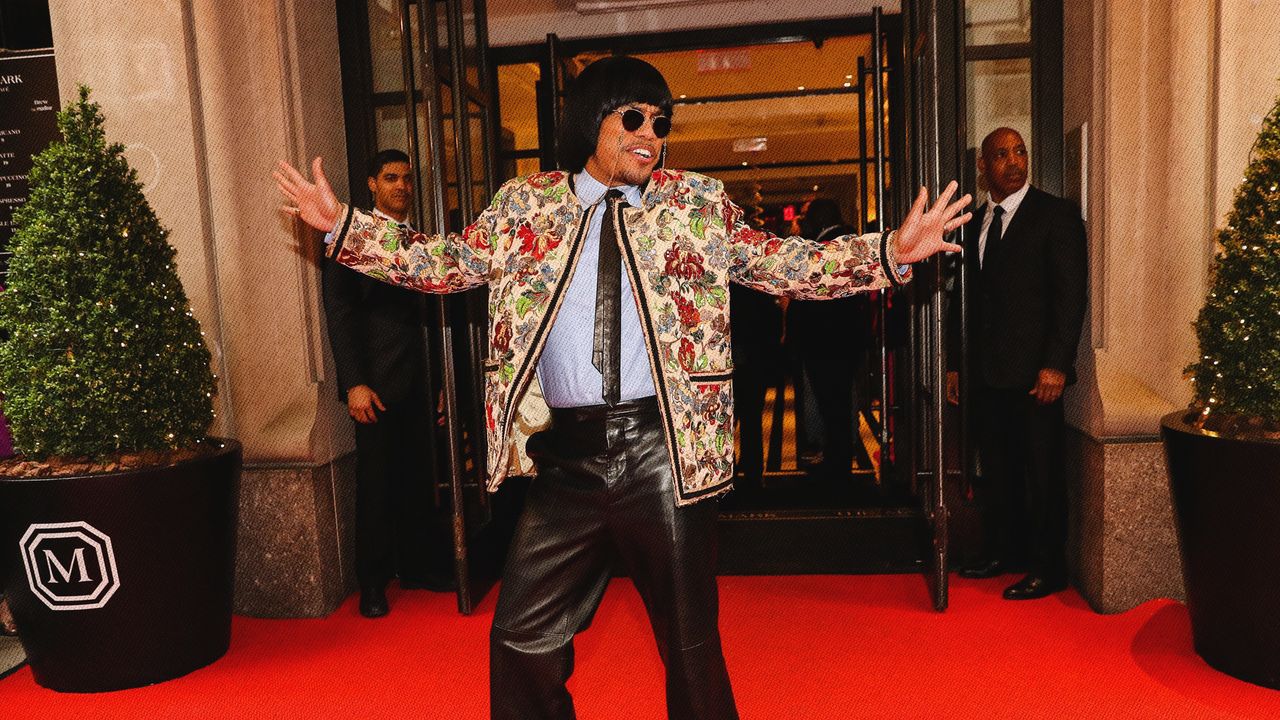Red Carpet Secrets: The Luxe Prep Sanctuaries Where Stars Transform Before the Met Gala

In the world of high-fashion events, the choice of accommodation has become an art form of its own. Iconic hotels like The Mark and The Carlyle have transformed the pre-Met Gala experience, elevating the act of selecting a hotel room to nearly the same level of importance as choosing the perfect ensemble.
These exclusive establishments have become more than just places to rest; they are integral backdrops to the glamorous narrative of fashion's most anticipated night. Celebrities and fashion mavens now carefully curate their lodging, understanding that where they stay is a statement as powerful as the designer gown they'll wear on the red carpet.
The right hotel room has become a strategic extension of one's personal brand, offering not just luxury and comfort, but a canvas for pre-event preparations, stunning photo opportunities, and a sanctuary of style in the heart of New York City's fashion scene.
